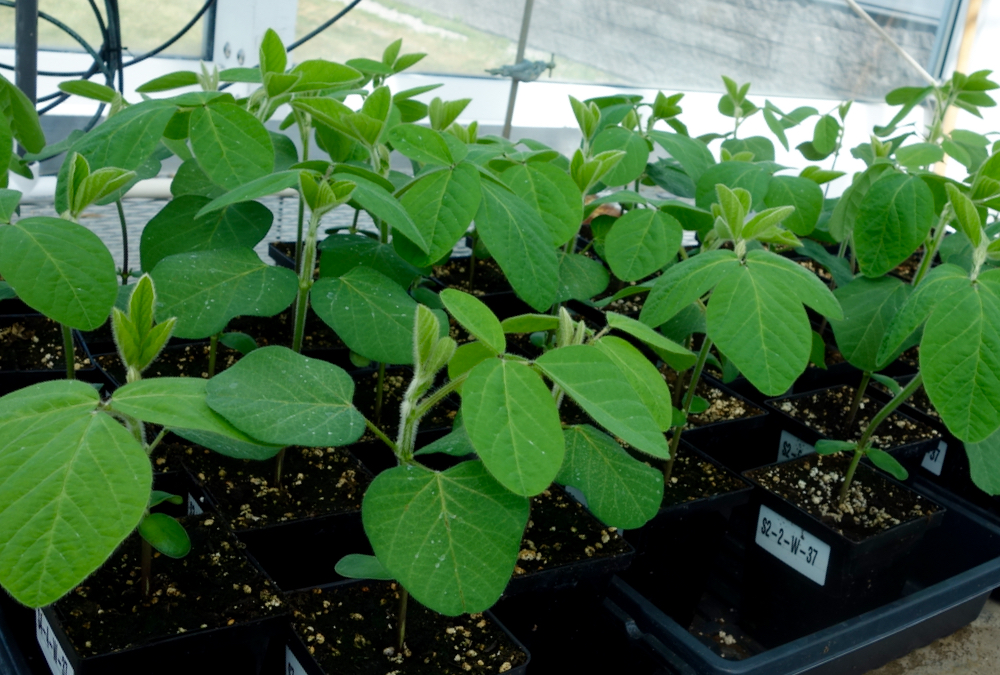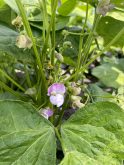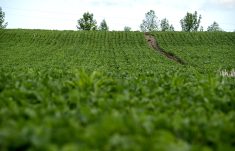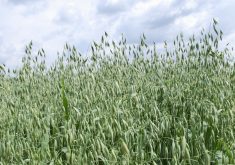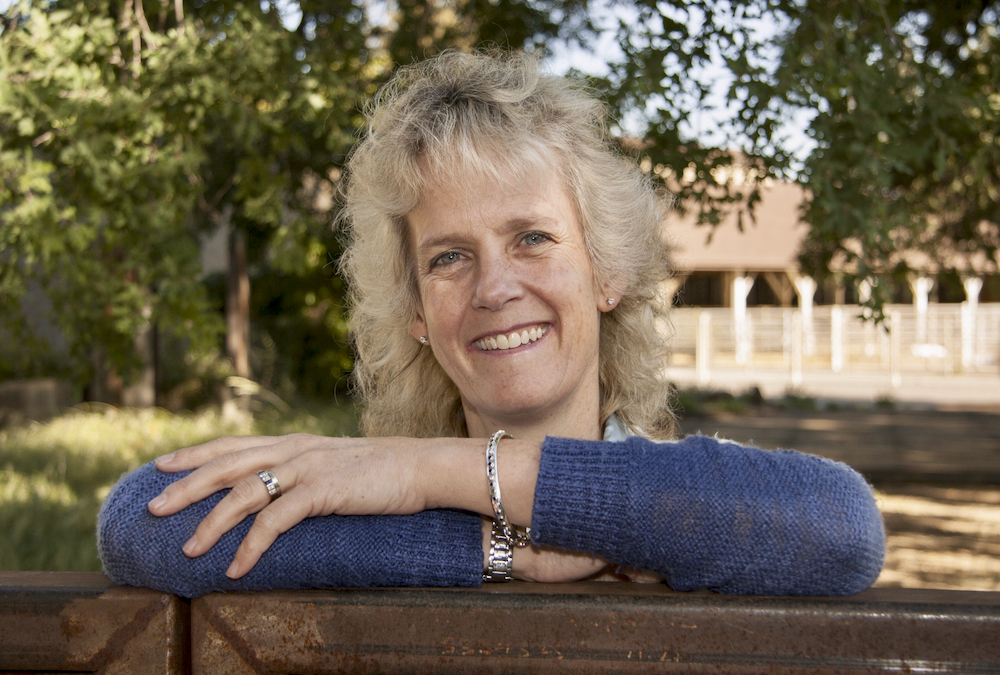A Canadian crop nutrition company is using Trent University research into yield-boosting microbes to bring a new bioinoculant to market.
Toronto-based NutriAg Ltd. and biology professor Dr. Neil Emery have received funding through a program supporting genomics-based technologies to refine and commercialize the innovation.
The beneficial microbes discovered by Emery and his team have been shown to increase yields, particularly in soybeans, and drought tolerance in crops.
Why it matters: As the climate changes and weather extremes become more common, higher yielding and drought tolerant crops will be an important tool in global food security.
Read Also

Melancthon faces a new quarry fight over water, environment and farmland risks
A proposed Strada blast quarry in Melancthon, Ont., sparks regional debate over water protection, farmland sustainability, and Ontario’s aggregate policy.
The bacteria in question are Methylobacterium, which occur naturally in soybeans and produce plant hormones called cytokinins that promote the growth of both the plant itself and its seeds.
Work by Emery, who is also vice-president of research at Trent, and fellow researcher Dr. Anna Kisiala identified how to harness those natural hormones to encourage soybean plant health and strength and increase seed size and pod numbers.
Although all plants have these beneficial bacteria, they don’t all necessarily produce high levels of the hormone responsible for boosting yield, so Kisiala isolated some high performing strains from various global collections.
After successful greenhouse trials, a chance connection between NutriAg and Emery – one of his former graduate students was an employee there – led to the start of successful field trials several years ago.
According to NutriAg’s Chief Scientific Officer Dr. Kelly Tanaka, research trials have shown an average yield increase of two to three bushels per acre in soybeans.

There’s not enough data yet on other crops they’re working on, which include canola, alfalfa, tall fescue, edible beans, tomatoes and almonds. Work on apples is expected to start this year as well.
“We selected the microbes based on their hormone production and what we thought would be effective, but we don’t think that’s the whole story,” explains Emery. “We want to know other ways they could benefit plants. We think we have a winner but we want to know why so we can improve product.”
With funding from the Ontario Regional Priorities Partnership Program (ON-RP3), Emery and Kisiala are now working with NutriAg on bringing a product to commercialization. That includes finding additional microbes, and fine-tuning product stability and manufacturing. Most of NutriAg’s current products are granular or peat-based inoculants, whereas this product is in liquid form.
“You can categorize this as a biofertilizer; there isn’t a microbe currently on the market like this,” Tanaka says. “With the push on sustainability, decreasing conventional inputs and doing more with less, we think this is one of the ways that can help us reach that goal.”
While first plant trials with NutriAg were getting underway, Kisiala and Emery also did some work into drought tolerance on pulse crops – field peas, faba beans, chickpeas and lentils – for the Saskatchewan Pulse Growers. The province is Canada’s biggest producer of those crops and drought is a big problem for growers.
“We knew from previous experiments and literature that cytokinins might also be involved in alleviating drought stress effects, so we decided to track those bacteria,” Kisiala says. “The results were amazing yet again.”
Treated plants were able to recover from a drought as though nothing had happened, leading to higher yields, and treated plants were found to have much higher cytokinin levels than the plants that weren’t treated with the microbes, she added.
Elements from that research were carried forward into the work currently underway with NutriAg, a partnership both Emery and Kisiala say has been invaluable in bringing practical, farmer perspectives to the table.
“We want to make a difference in agriculture and generate products and we need a good partner business to guide us,” says Emery. “Kelly and NutriAg are great collaborators who have been guiding us towards product instead of just publication (of research).”
NutriAg made a submission to the Canadian Food Inspection Agency for registration this past January. It’s a process that generally takes about a year, but it’s expected that COVID-19 will lengthen that timeline.
– With files from AgInnovation Ontario



